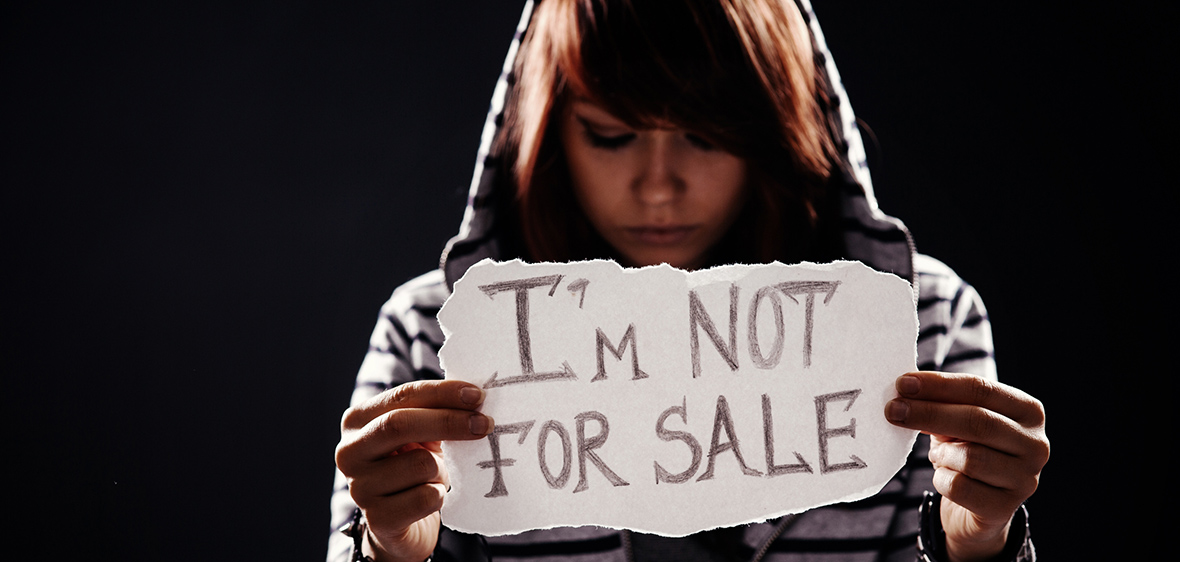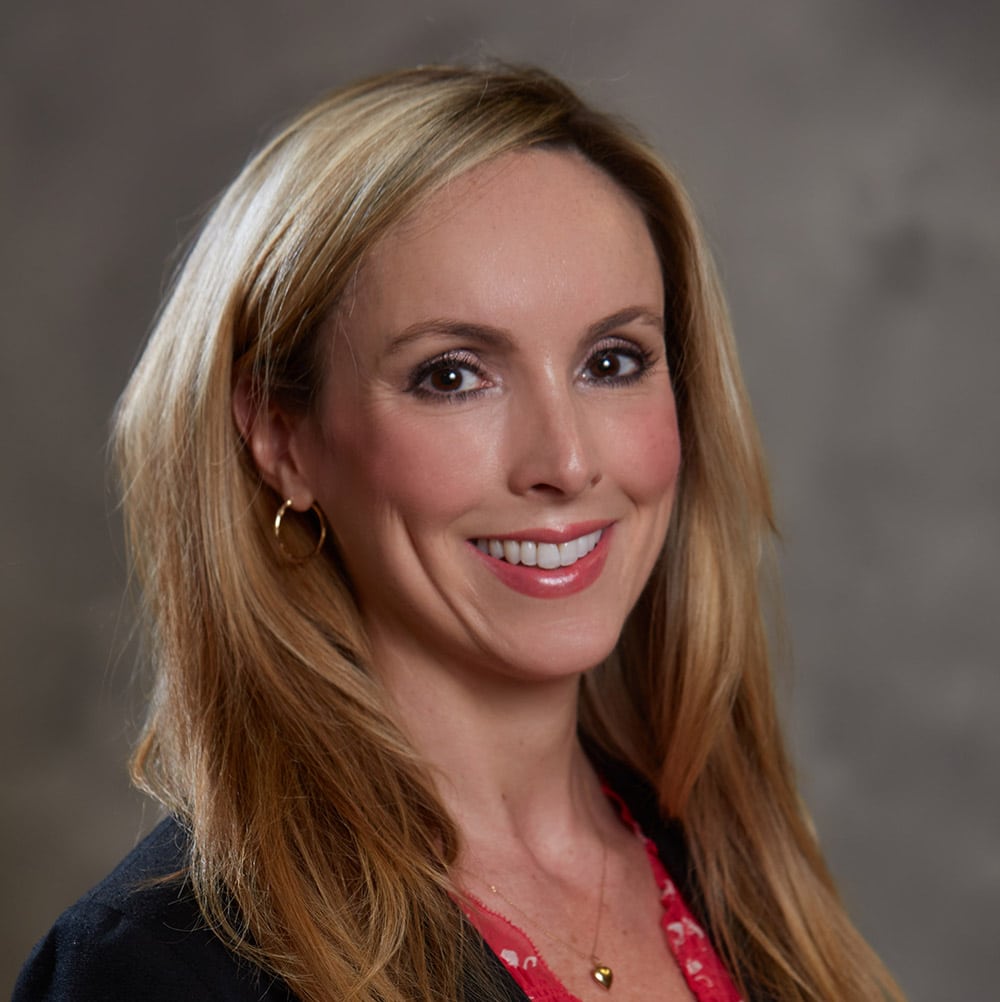
Human trafficking is a serious crime that takes away victims’ freedom, causes enduring trauma for victims, impacts victims’ physical and mental health and tears apart families. A person is guilty of human trafficking when the person intentionally subjects one or more persons to engage in forced labor or services or commercial sexual activity using force, fraud or coercion. However, if the person is under the age of 18, commercial sexual activity does not need to involve force, fraud or coercion for the activity to be considered human trafficking.
Many myths about human trafficking exist, and it’s important for these myths to be exposed and debunked.
Five Myths About Human Trafficking
- MYTH: Human trafficking does not exist in Kentucky.
According to the U.S. Department of Homeland Security, human trafficking occurs in all parts of the world, including farm communities and suburban and rural areas. The Human Trafficking Hotline has identified more than 2,000 human trafficking victims in Kentucky.
- MYTH: If someone is being trafficked, they will try to get help.
Usually, victims’ traffickers make them afraid of seeking help because the victims or their families may be threatened with violence if they try. Also, human trafficking victims may not have critical items they need, such as identification paperwork, so that may deter them from wanting to leave.
- MYTH: Only women are trafficked.
Anyone of any age can be victims of human trafficking. Ethnicity, gender, race, age, sexual orientation, socioeconomic status and other characteristics do not matter. A 6-year-old Asian male can be trafficked, as well as an 80-year-old Black female.
- MYTH: Human trafficking must involve taking the victim across state or country borders.
Human trafficking does not have to involve moving the victim anywhere. This crime is solely based on exploiting the victim. A human trafficking victim may be in their same community but hidden from their family and friends.
- MYTH: If you suspect human trafficking, you should confront the trafficker.
NEVER confront a human trafficker or contact the victim. You should call the National Human Trafficking Hotline at 888-373-7888. This hotline is available 24/7.
At UofL Health – Peace Hospital, we treat all ages of patients who are victims and survivors of human trafficking. We also offer Sexual Assault Nurse Examiner (SANE) examinations onsite at Peace Hospital.
Additionally, we have trafficking screening questions in our intake assessment to make it easier for patients to come forward about potential harm. If you or a loved one need help, Peace Hospital’s Assessment and Referral Center offers no-charge assessments. Call 502-451-3333.
In addition, UofL Health – SAFE Services screens for domestic violence and human trafficking, and provides SANE (sexual assault nurse examiner) examinations at all of our seven ER locations. For more information, call 502-562-4064. Victims in crisis can call the 24-hour crisis line toll-free at 844-BE-SAFE (844-237-2331) or the SANE access line at 502-753-3200.









